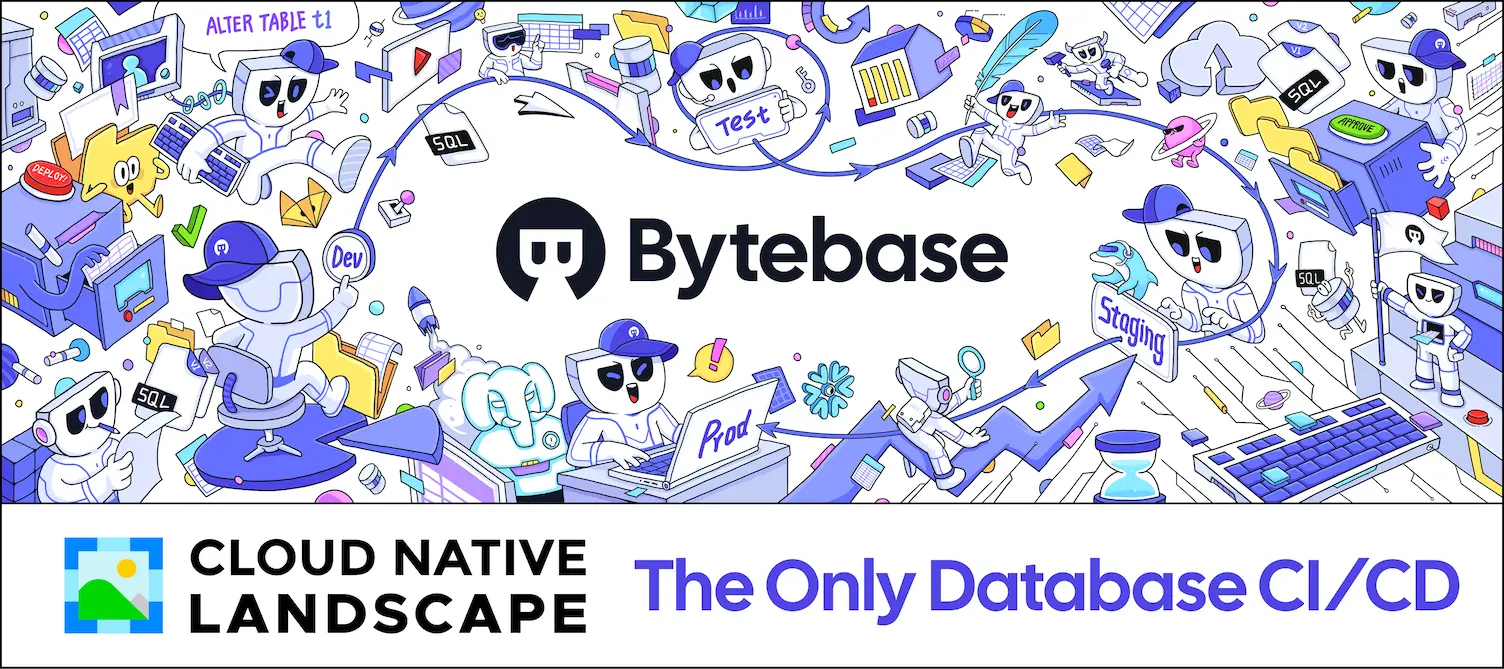
Star History Monthly September 2024 | AI Agents
AI agents independently choose the best approach to human-set goals. AI Agent has planning skills, memory, and tool use ability, so it's able to solve general problems, far more intelligent than previous proprietary AI. Here are some capable AI agents.
AutoGen
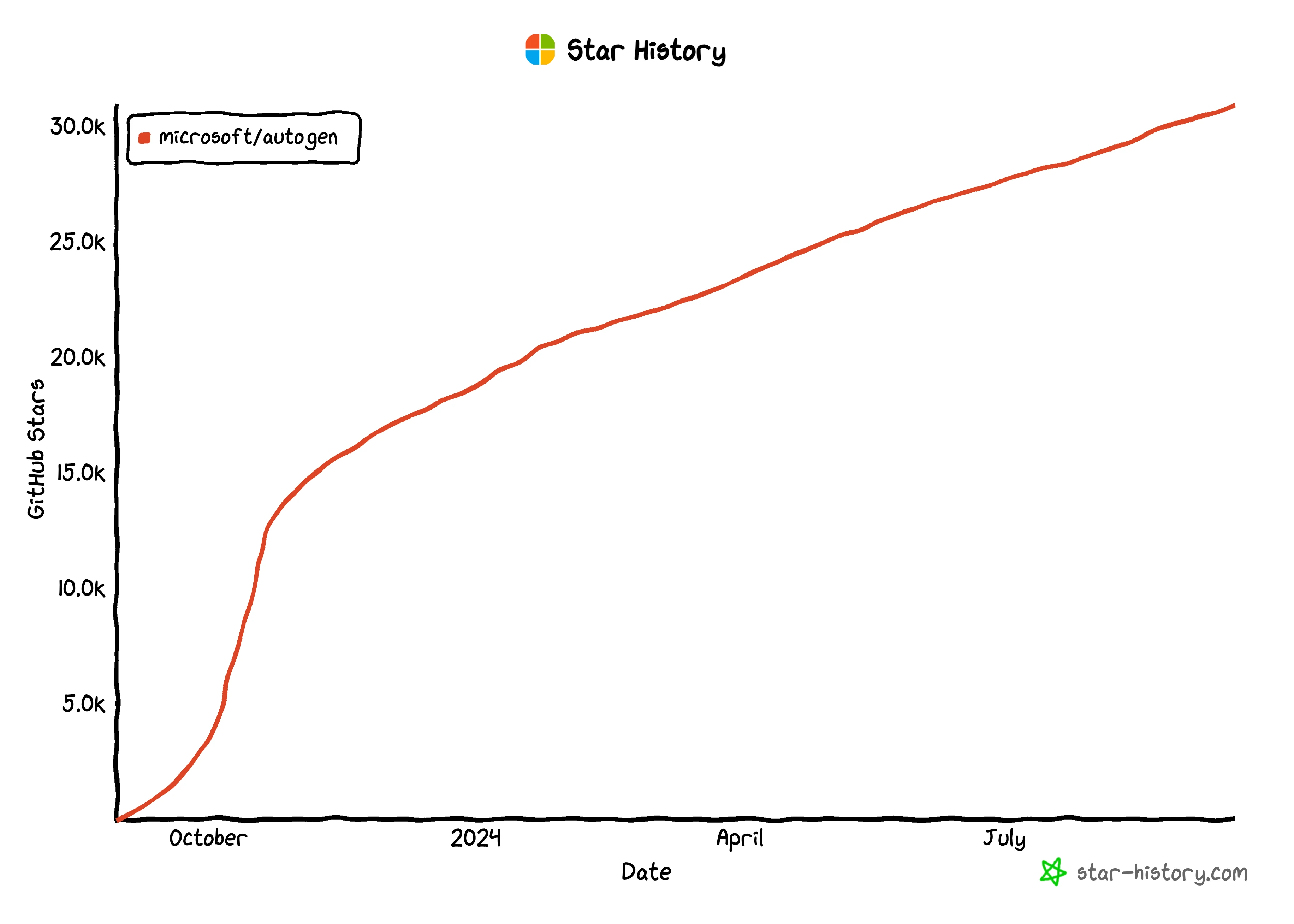
AutoGen is a programming framework for building AI agents and facilitating cooperation among multiple agents to solve tasks. AutoGen aims to streamline the development and research of agentic AI, much like PyTorch does for Deep Learning.
It offers features such as agents capable of interacting with each other, facilitates the use of various large language models (LLMs) and tool use support, autonomous and human-in-the-loop workflows, and multi-agent conversation patterns.
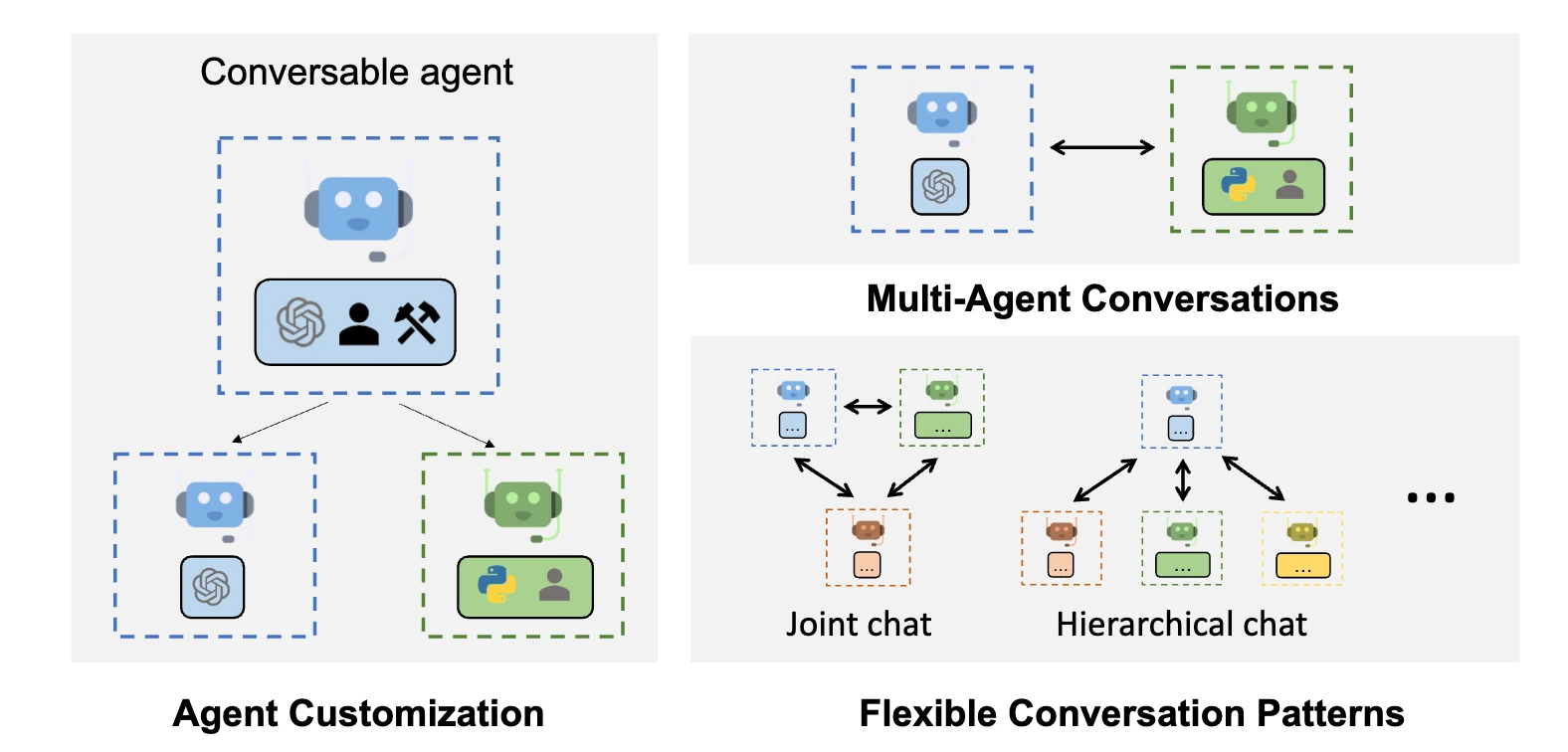
You can either install AutoGen locally or install and run it in Docker. Its minimal dependencies are installed without extra options. You can install extra options based on the feature you need.
AutoGPT
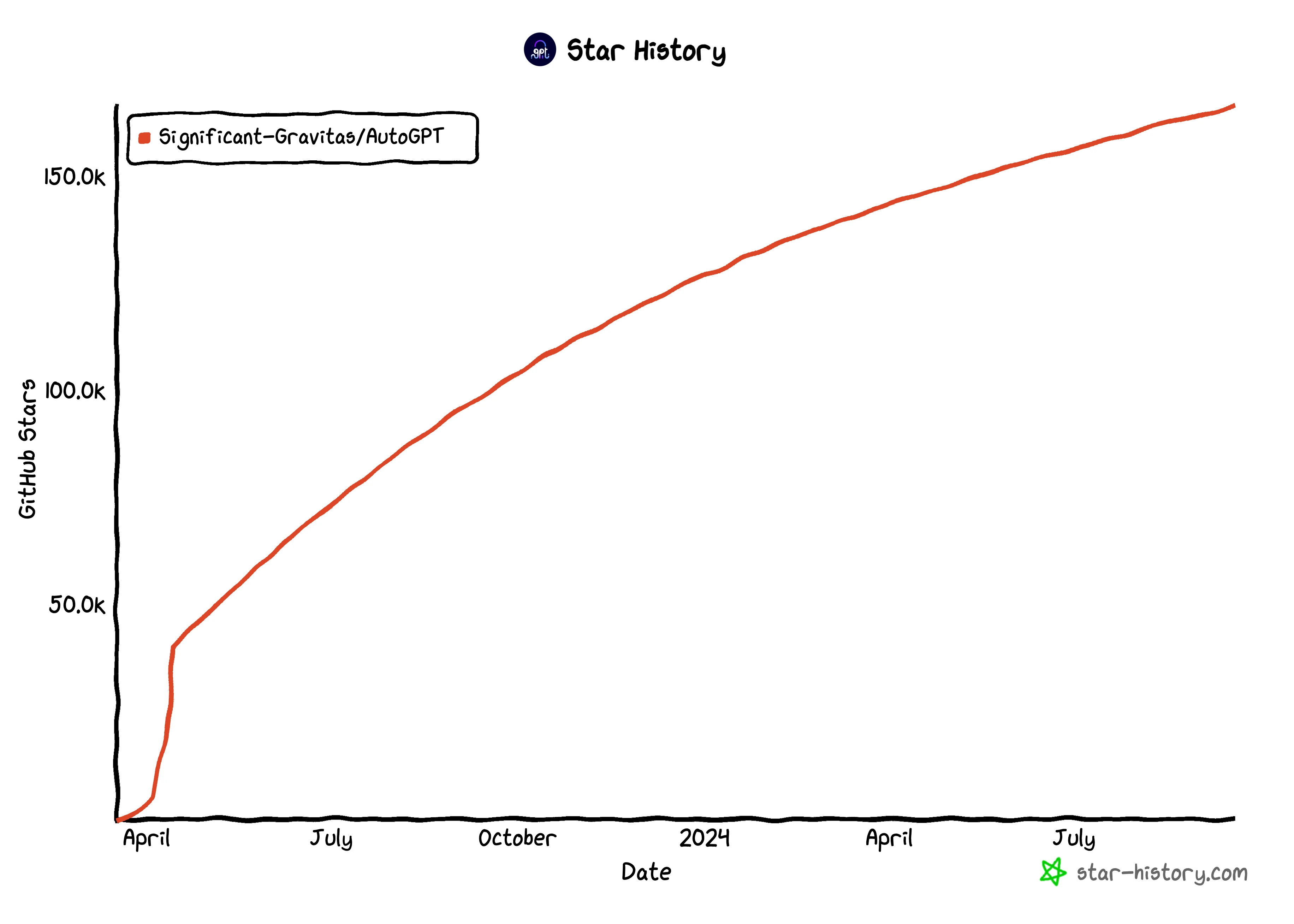
AutoGPT helps create and run intelligent agents to perform various tasks automatically.
The AutoGPT Builder is the frontend, allowing you to design agents using an easy flowchart style. You build your agent by connecting blocks, where each block performs a single action. The AutoGPT Server is the backends where your agents run. Once deployed, agents can be triggered by external sources and can operate continuously.
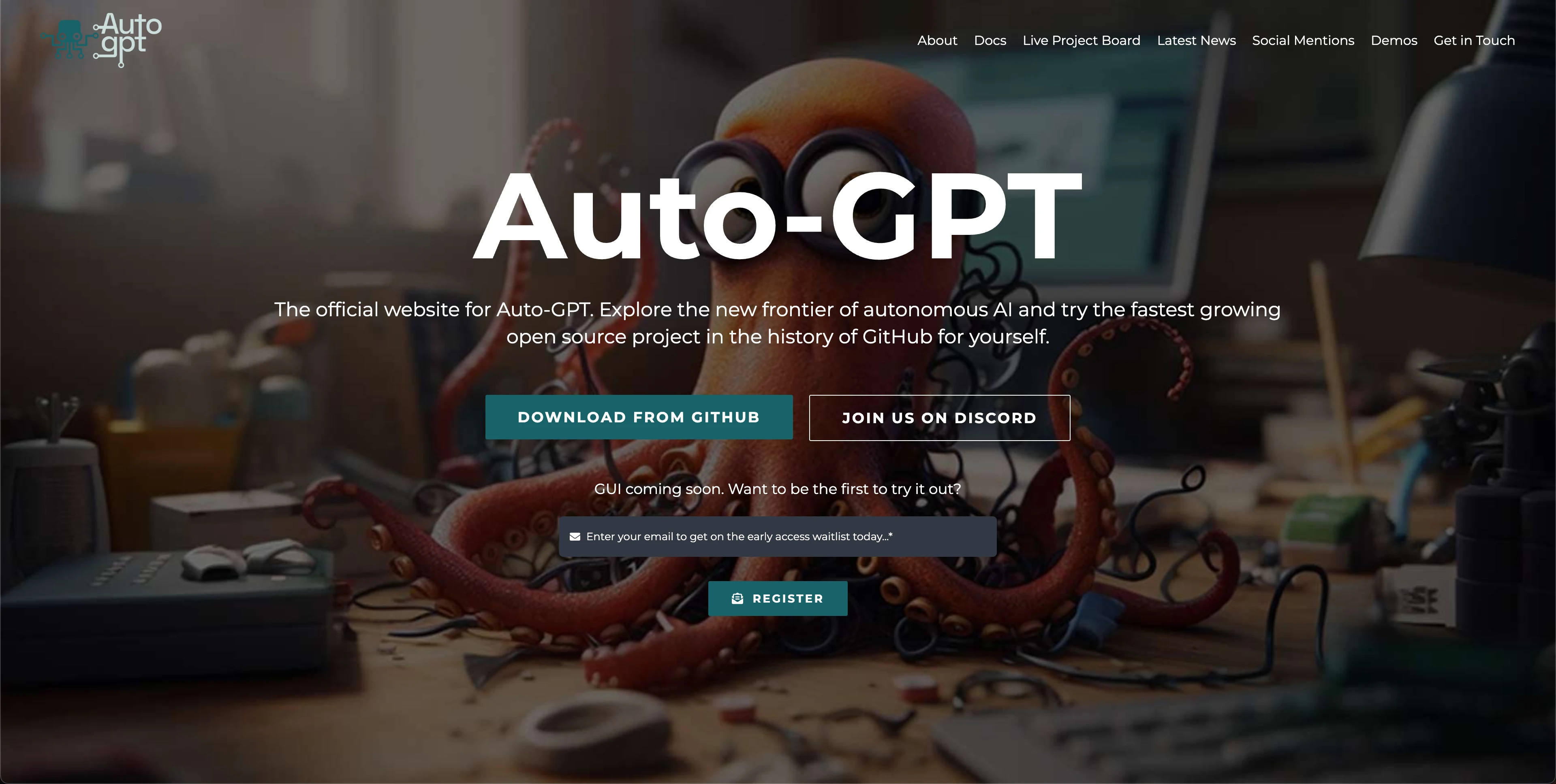
To maintain a uniform standard and ensure seamless compatibility with many current and future applications, AutoGPT employs the agent protocol standard by the AI Engineer Foundation. This standardizes the communication pathways from your agent to the frontend and benchmark.
ChatDev
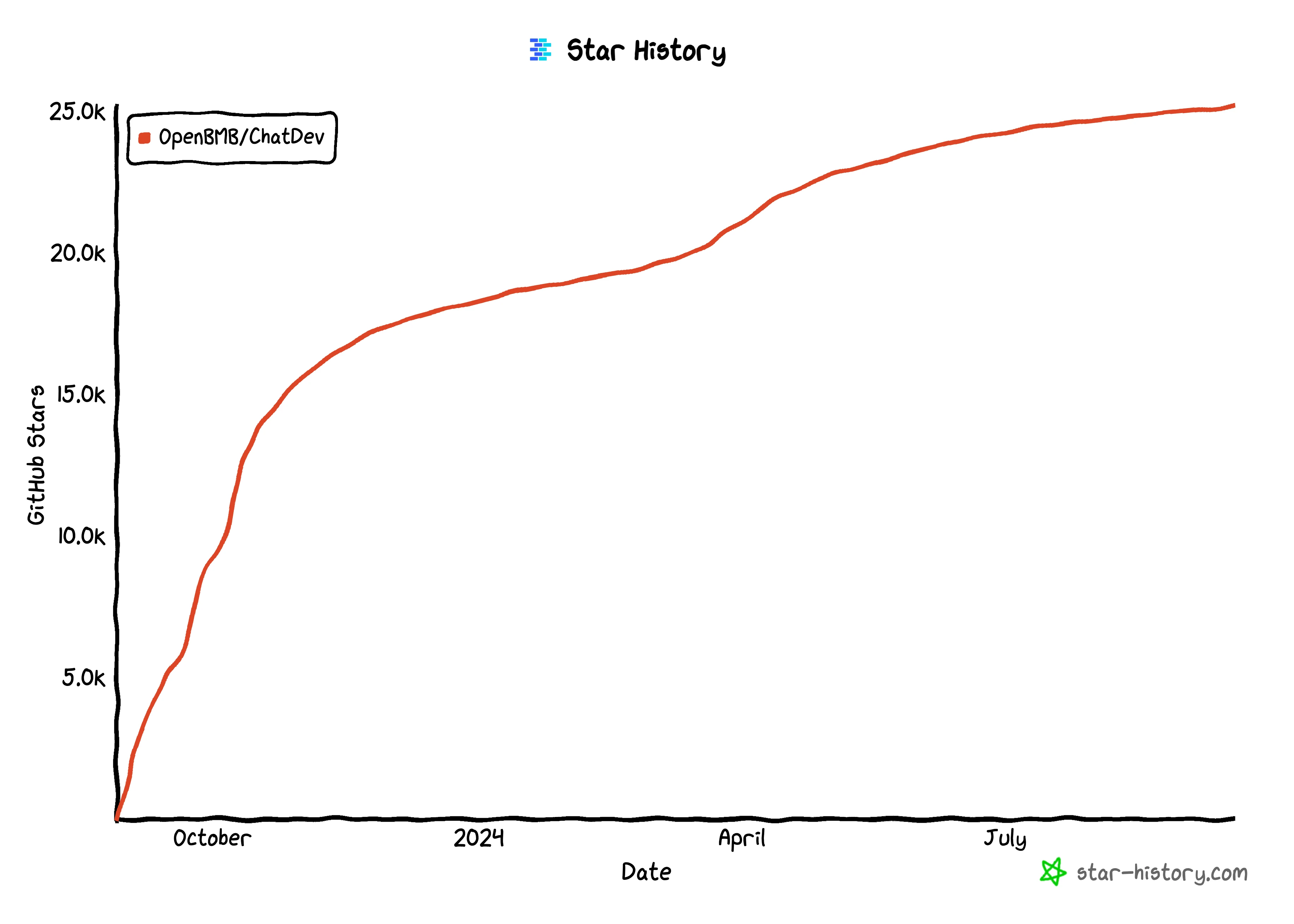
ChatDev stands as a virtual software company that operates through various intelligent agents holding different roles, like CEO, CPO, programmer, art designer, etc. They form a multi-agent organizational structure and are united by a mission to "revolutionize the digital world through programming." The agents within ChatDev collaborate by participating in specialized functional seminars, including tasks such as designing, coding, testing, and documenting.
It impresses users with a unique pixel game interface style.
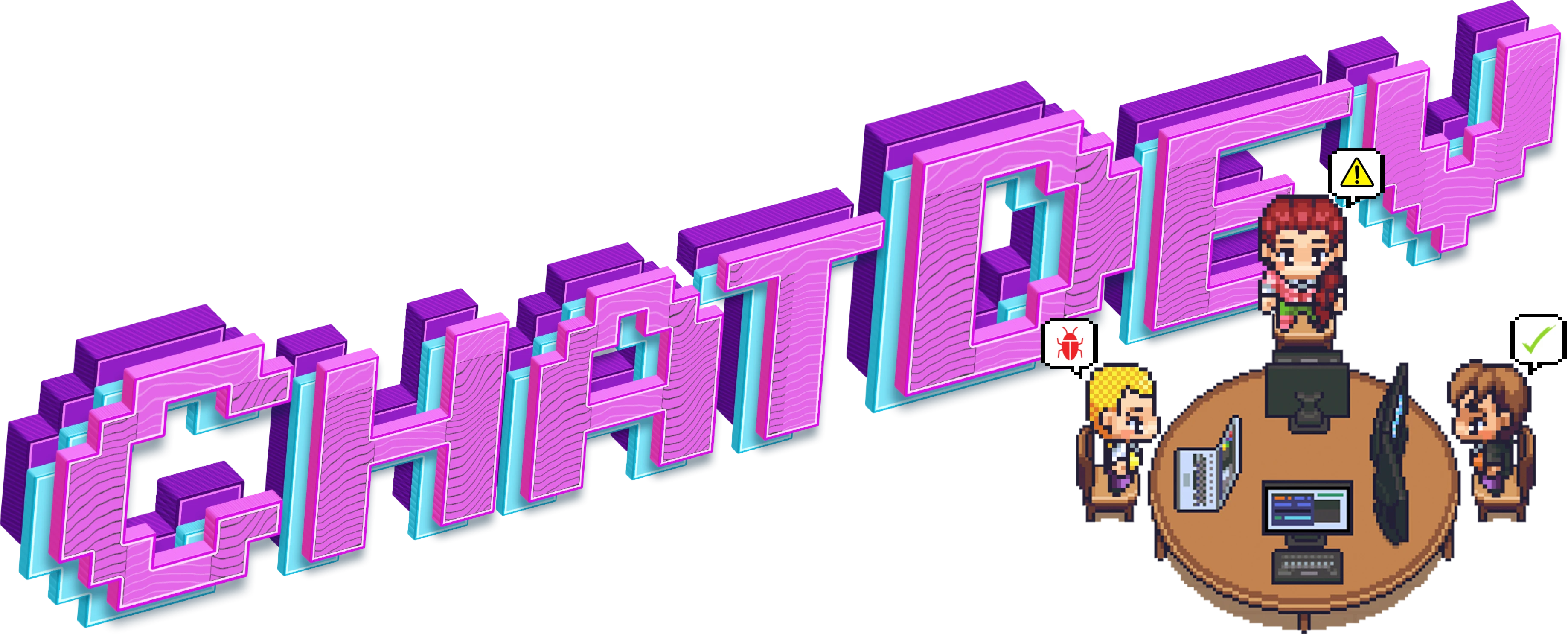
The primary objective of ChatDev is to offer an easy-to-use, highly customizable and extendable framework, which is based on large language models (LLMs) and serves as an ideal scenario for studying collective intelligence. You can access Quickstart simply with terminal or with Docker.
CrewAI
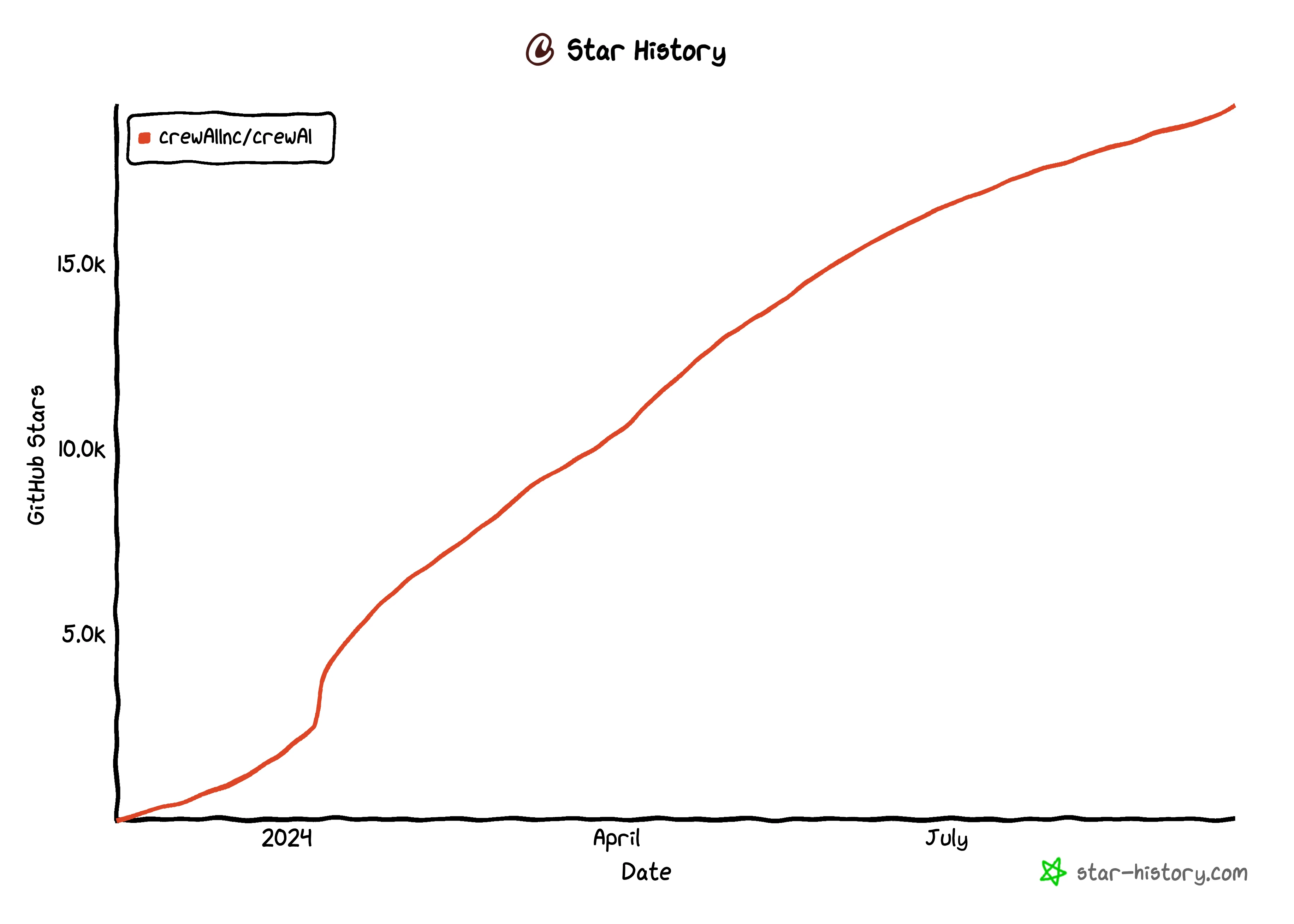
CrewAI is designed to enable AI agents to assume roles, share goals, and operate in a cohesive unit - much like a well-oiled crew. Whether you're building a smart assistant platform, an automated customer service ensemble, or a multi-agent research team, CrewAI provides the backbone for sophisticated multi-agent interactions. It features:
- Role-Based Agent Design
- Autonomous Inter-Agent Delegation
- Save output as file
- Flexible Task Management, Processes Driven, Parse output as Pydantic or Json, Works with Open Source Models, etc.
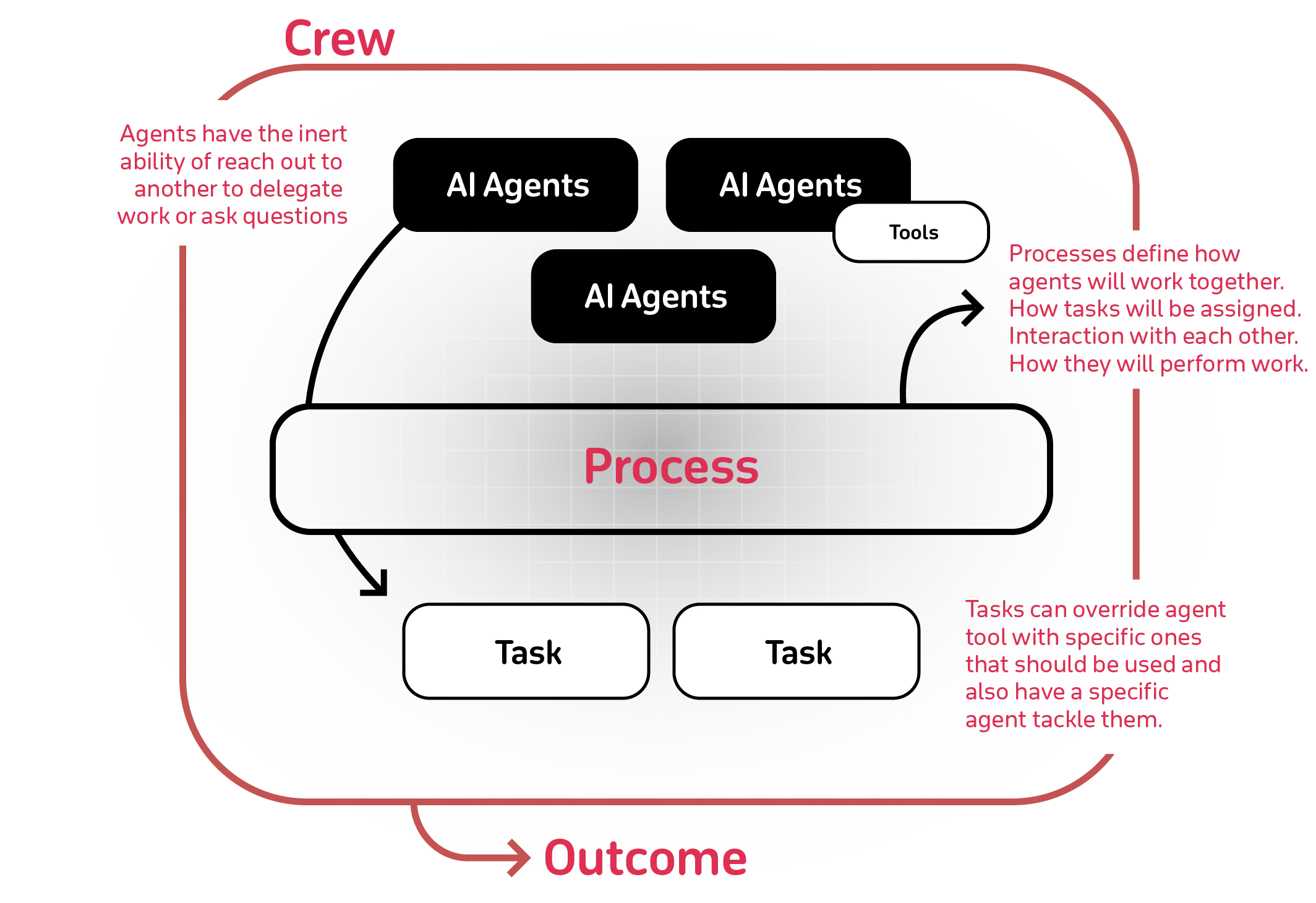
You can easily install crewAI with pip.
OpenHands
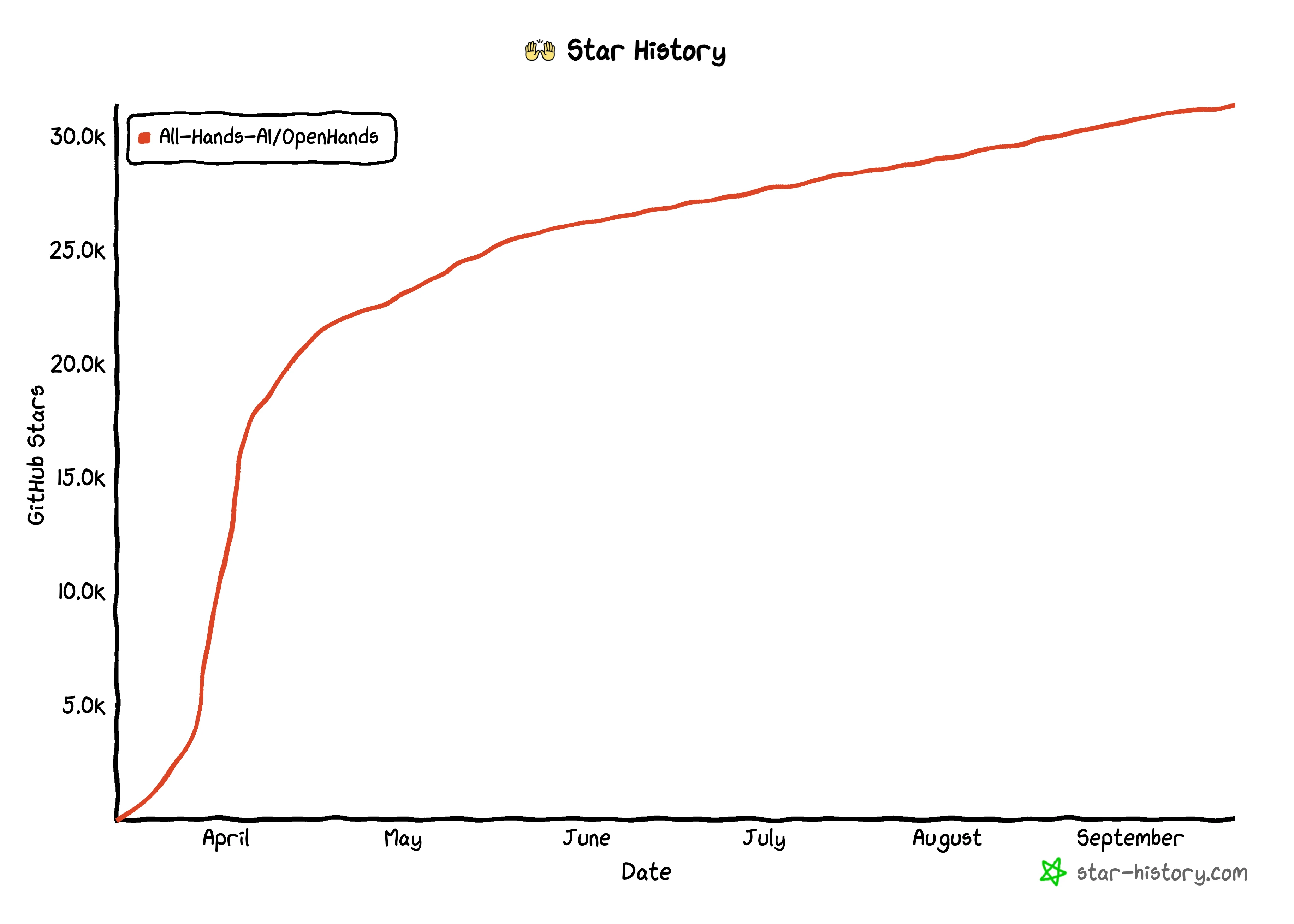
OpenHands aims to "Code Less, Make More". Within a concise interface, OpenHands agents can do anything a human developer can: modify code, run commands, browse the web, call APIs, and even copy code snippets from StackOverflow.
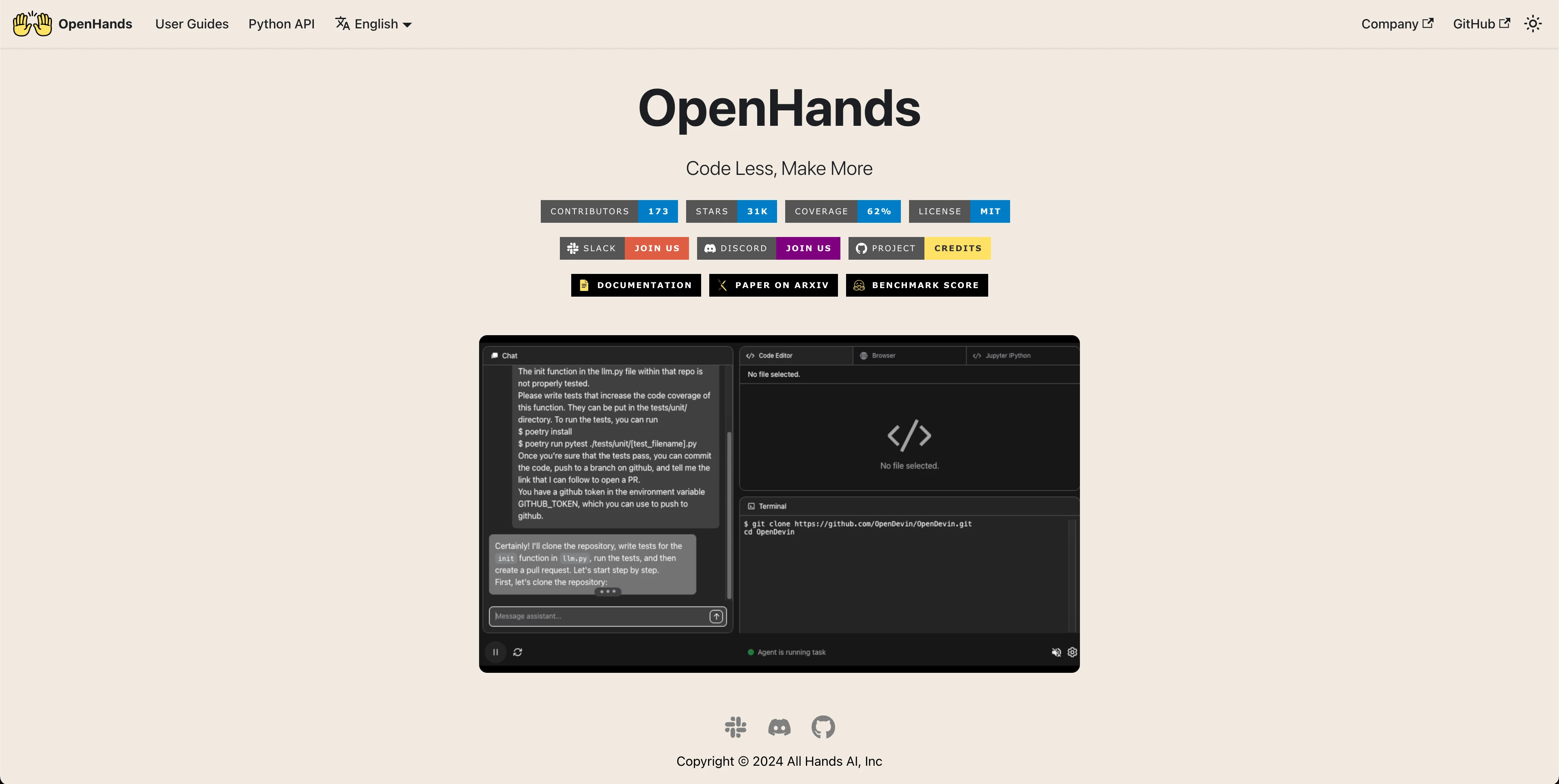
The easiest way to run OpenHands is in Docker. You can change WORKSPACE_BASE to point OpenHands to existing code that you'd like to modify. You can also run OpenHands in a scriptable headless mode, or as an interactive CLI.
Lastly
Each of these AI agents has its unique characteristic. With these powerful tools, we'll be enjoying better AI using experience. We can expect to see AI agents become more interactive in the future.
📧 Subscribe to our weekly newsletter here.
Bytebase- Database DevSecOps for MySQL, PG, Oracle, SQL Server, Snowflake, ClickHouse, Mongo, Redis
